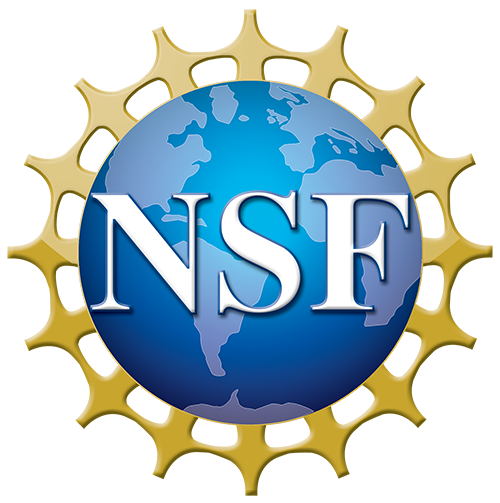GO-BGC utilizes autonomous robotic floats to measure temperature, salinity, pH, nitrate, chlorophyll, suspended particles, light, and derived parameters DIC, pCO2 and total alkalinity in the ocean from the surface to 2000m. These floats can operate continuously for years in all weather conditions, providing near real-time observations of ocean biogeochemistry and ecosystems throughout the world’s oceans. GO-BGC will deploy 500 autonomous floats in the world’s oceans between 2021 and 2026 as part of the OneArgo array. GO-BGC data are made freely available through our Data page and the Argo data system.
Floats deployed
Scheduled deployments
Data
Data from floats and ships, and tutorials on using the data
Deployment maps
Float array map and status table, current and future deployments
Adopt-A-Float
Partnering teachers with scientists to bring research into the classroom
Events
Upcoming events related to the GO-BGC project
Latest News
GO-BGC and SOCCOM want to hear from you!
GO-BGC and SOCCOM are interested in how the science community uses GO-BGC and/or SOCCOM data, how that data is accessed and any published papers based on the data. Please take a moment to let us know how you use GO-BGC and/or SOCCOM data or how you plan to use GO-BGC...
OSM 2024
OSM 2024 - SOCCOM & GO-BGC Relevant Sessions MBARI will be in Exhibit Booth 413 with a demo float and SOCCOM/GO-BGC swag. Click the image for the most up to date schedule of GO-BGC and SOCCOM related Oral, Town Hall, eLightening and Poster sessions.
COP28: Observing the Changing Ocean
GO-BGC's Dr. Lynne Talley presented at COP 28. The ocean takes up more than 90% of the extra heat and 30% of the excess carbon dioxide produced by human activity that is exacerbating climate change. As a consequence, marine oxygen levels are dropping and marine...
Revolutionizing our understanding of the ocean

Scientists at the Monterey Bay Aquarium Research Institute, the University of Washington, Scripps Institution of Oceanography, Woods Hole Oceanographic Institution, and Princeton University will use this grant to build and deploy 500 robotic ocean-monitoring floats around the globe as part of NSF’s Mid-scale Research Infrastructure-2 program


